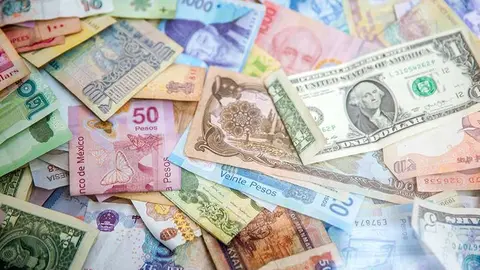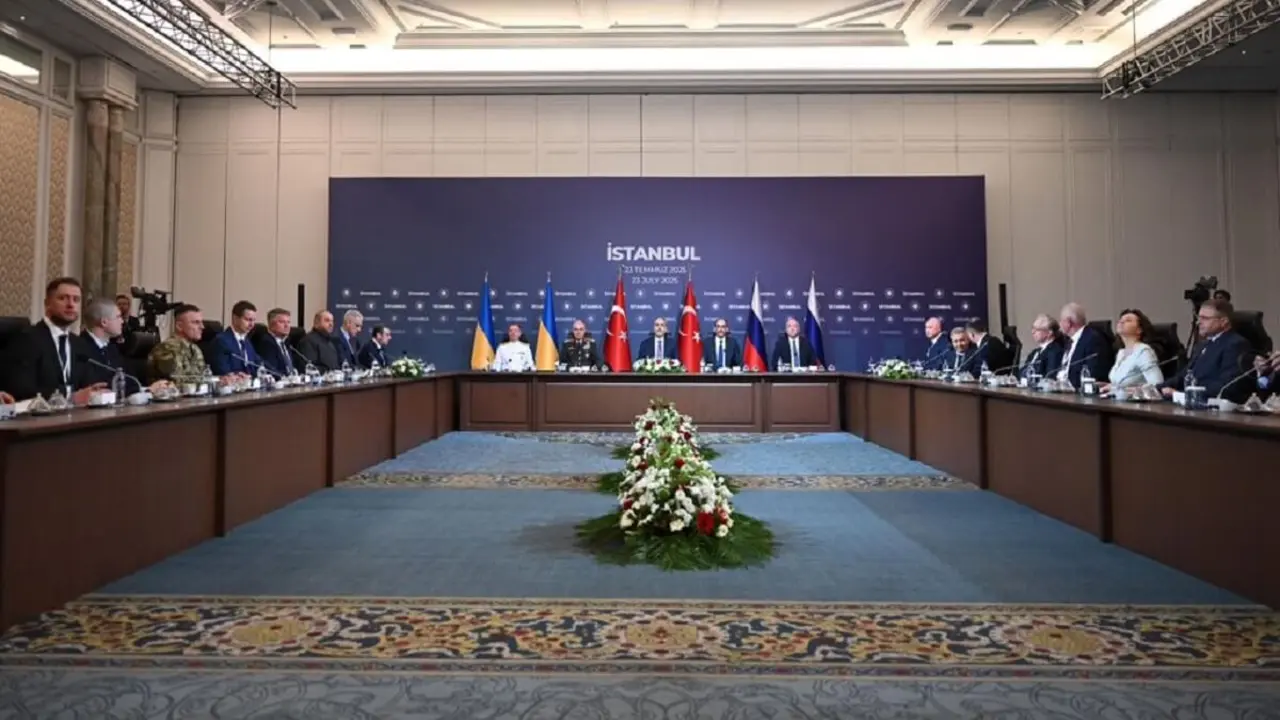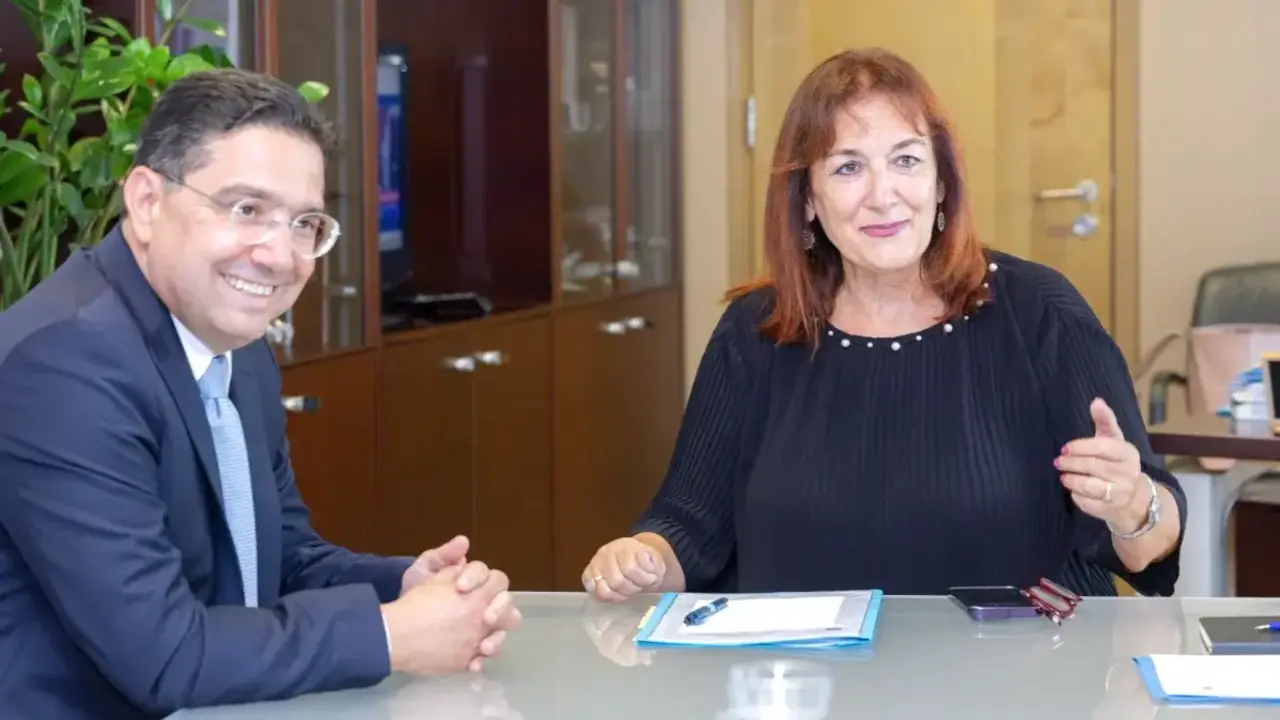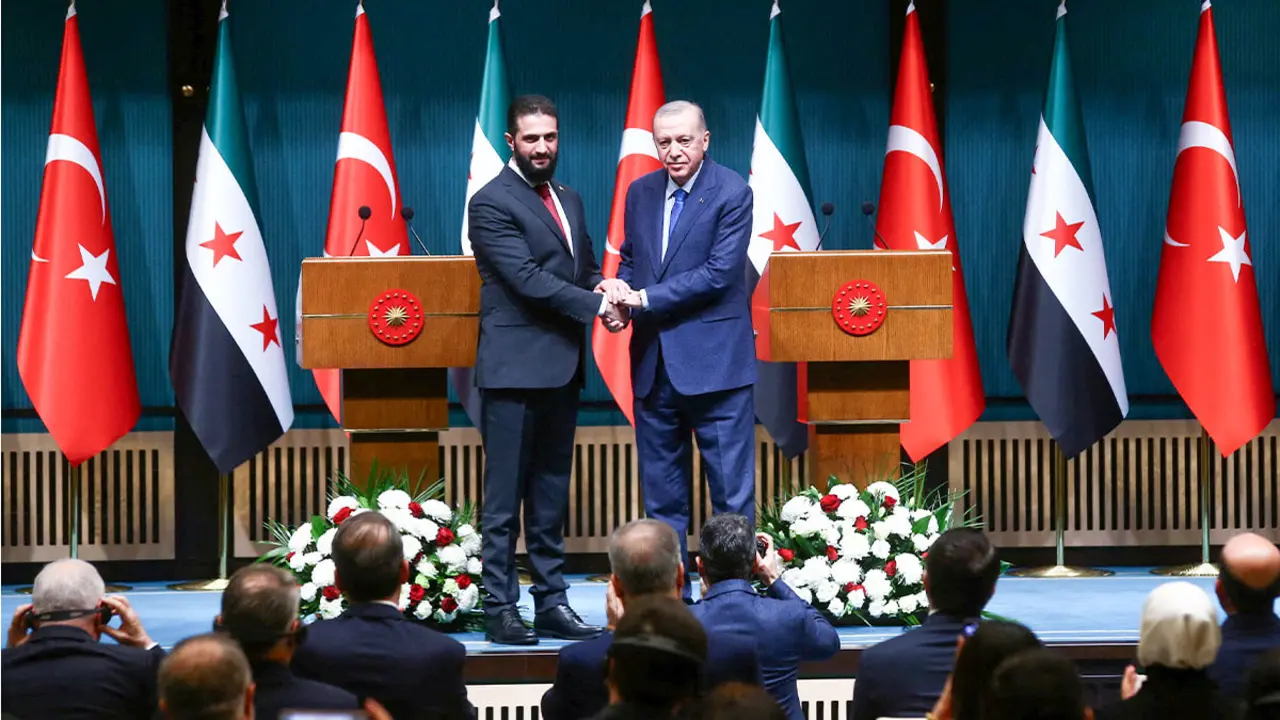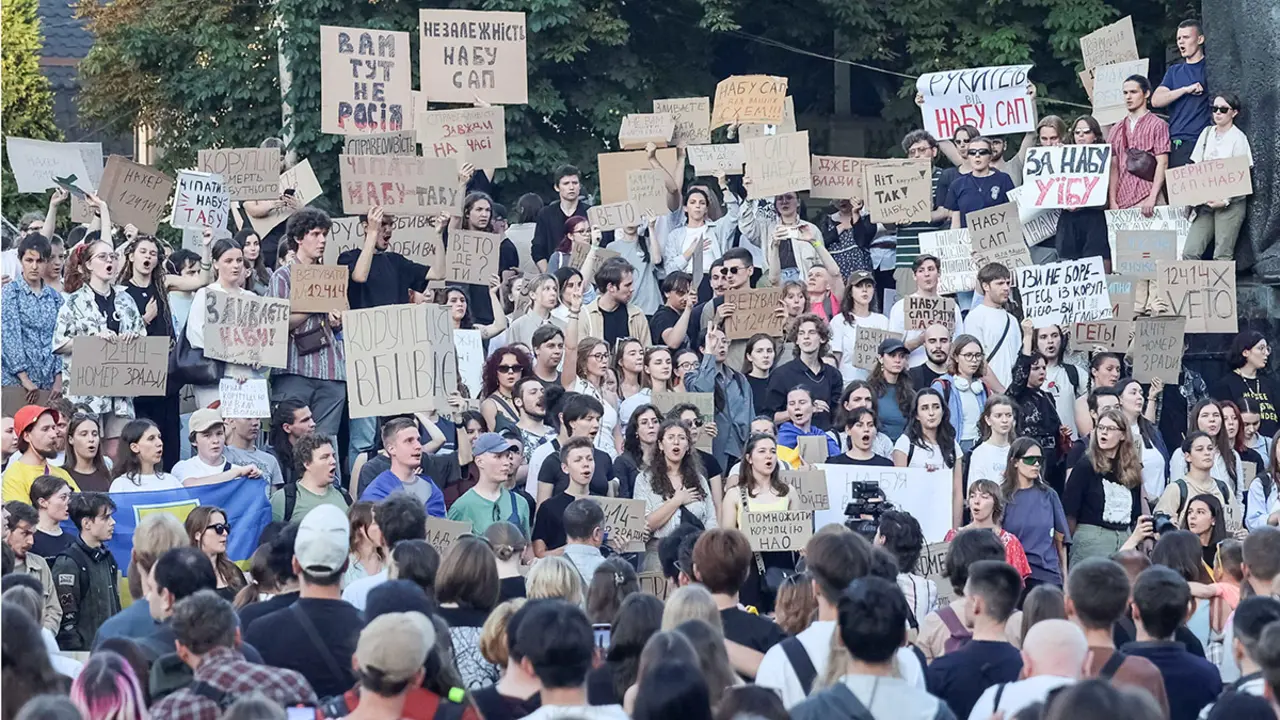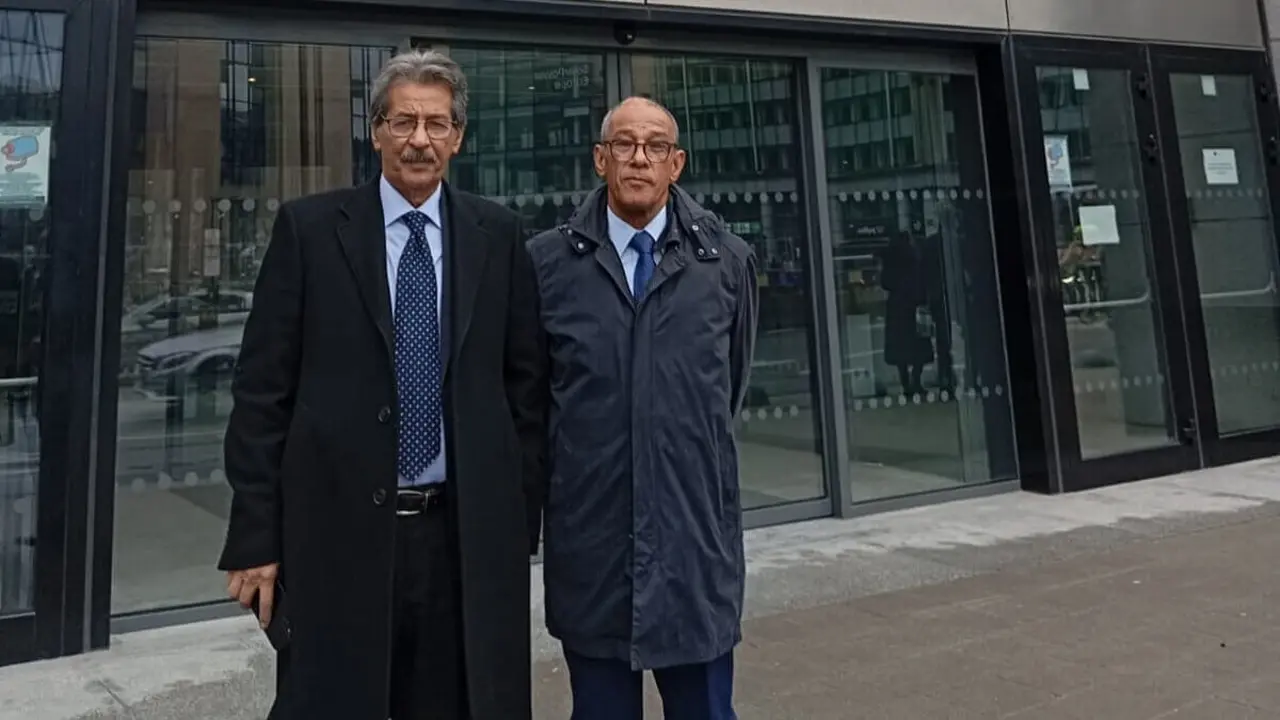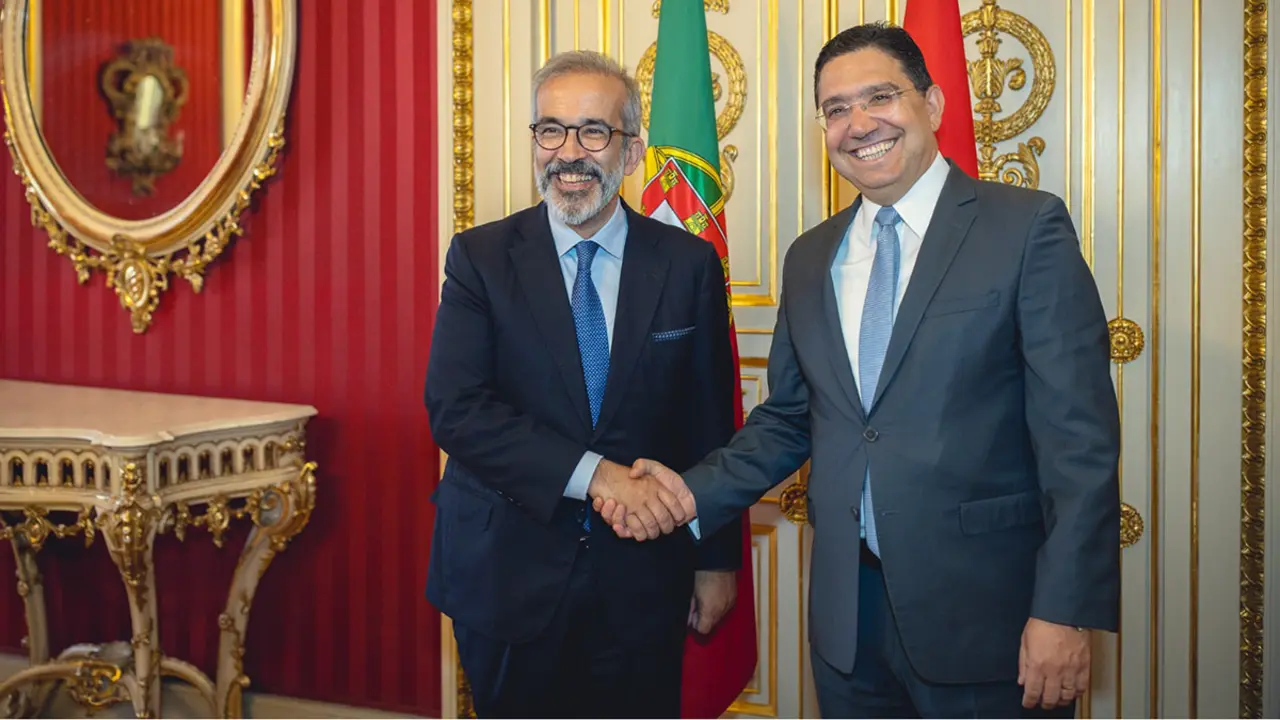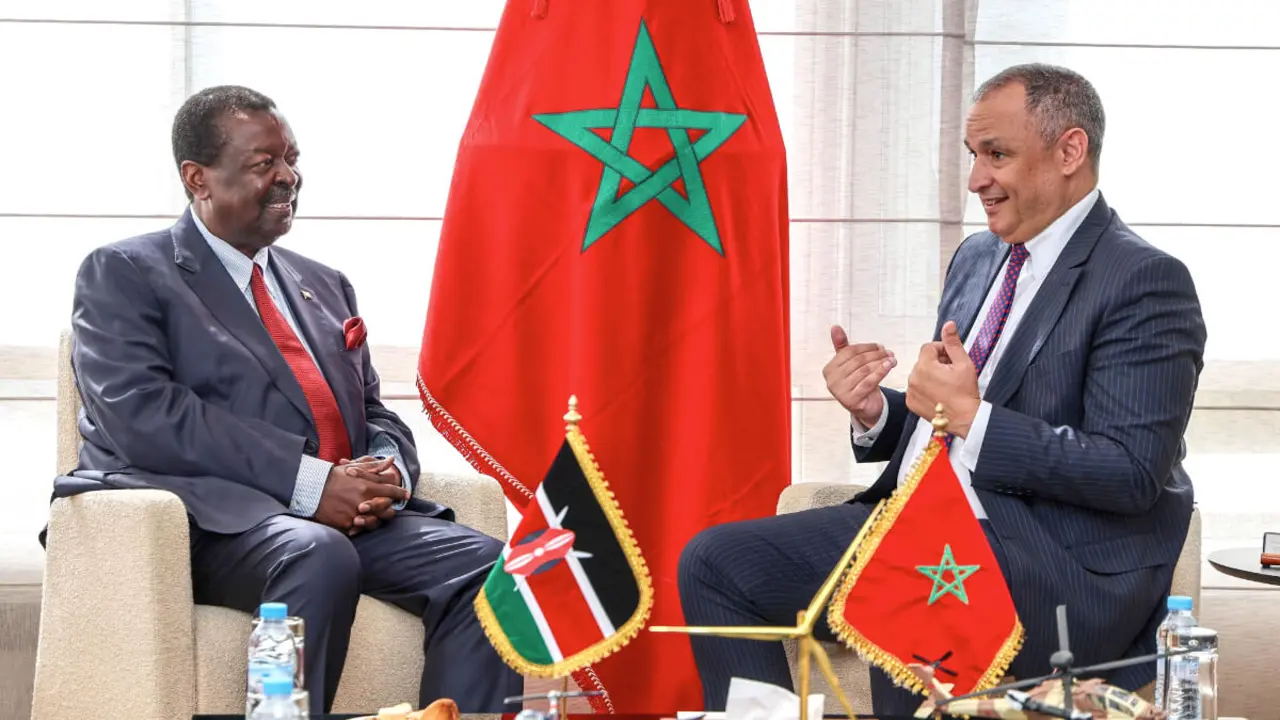Morocco steps up its fight against money laundering with a record number of sentences
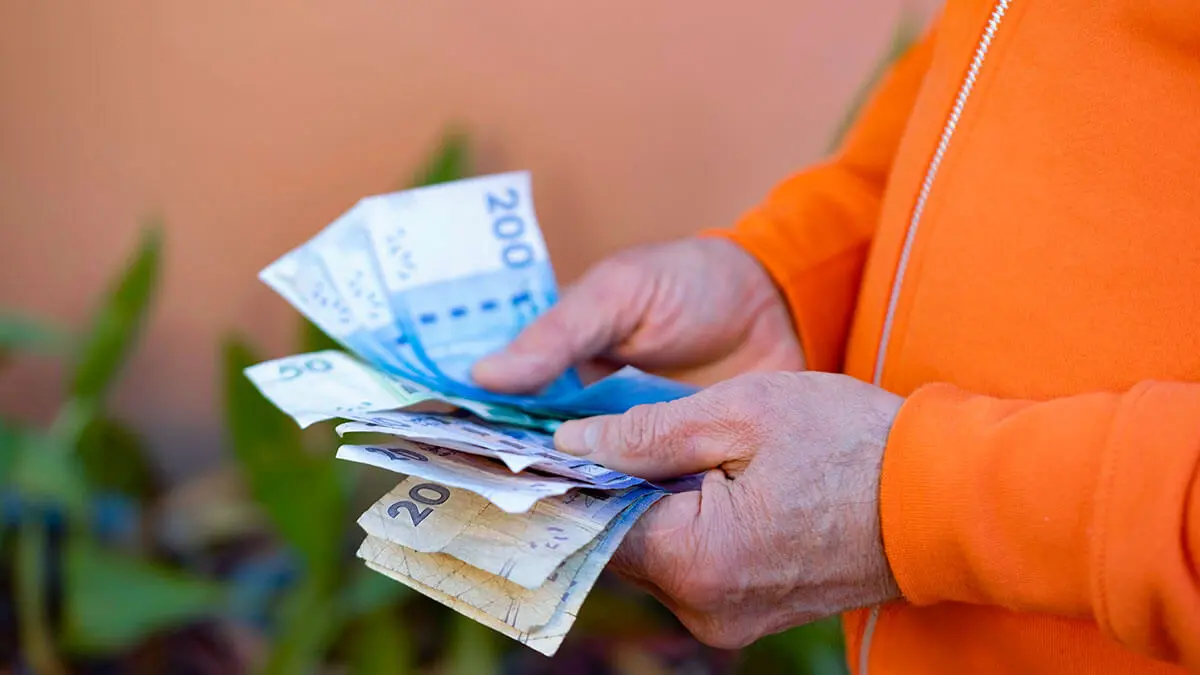
Morocco has taken a firm step in its fight against money laundering and the financing of terrorism, consolidating its national system with greater mechanisms for supervision and awareness-raising. This is reflected in the annual report of the Presidency of the Public Prosecutor's Office, which highlights a record number of sentences in this area, with 134 rulings issued in the last year.
The Public Prosecutor's Office has made money laundering one of its strategic priorities within the country's criminal policy, recognising the seriousness of the crime and its devastating impact on the economy and society. In this sense, the approach adopted not only seeks to prosecute those responsible, but also to prevent them from benefiting from these crimes and to protect the economic stability of the Kingdom.
Money laundering, characterised by its complexity and the attempt to conceal the illicit origin of the funds, has been a constant challenge for the authorities. The Moroccan response has been to strengthen inter-institutional coordination and develop specific investigative tools.
Proof of this is the collaboration between the Bank Al-Maghrib and the Public Prosecutor's Office, which since 2022 has enabled the agile exchange of information through a specialised computer system. Thanks to this cooperation, 341 requests for information in money laundering cases were handled, all responded to with accurate data within reasonable timeframes, facilitating the effectiveness of judicial investigations.
Internationally, Rabat has reached a significant milestone by being removed from the Financial Action Task Force (FATF) ‘grey list’ in February 2023. This recognition validates the effectiveness of the Moroccan system in the fight against money laundering and represents the culmination of the efforts of various national sectors. The decision was taken at the FATF general meeting in Paris following a positive evaluation of the Kingdom's progress in bringing its regulations into line with international standards.

Awareness raising and strengthening of the legal framework
Morocco's commitment to the prevention of money laundering and the financing of terrorism has also been reflected in the field of awareness raising. In this context, the Bank Al-Maghrib, together with other national institutions, has published a guide aimed at informing economic and financial actors about the risks of these crimes. The document details the applicable legal procedures and sanctions, emphasising the consequences that failure to comply with international standards can have, such as restrictions on access to global financing.
Sherifa Lamoir, a political science researcher, emphasises the importance of aligning Moroccan legislation with international regulations to guarantee the transparency of investments and promote economic growth. Along the same lines, Rachid Sari, director of the African Centre for Strategic Studies and Digitalisation, warns of the negative impact of money laundering on the country's development, highlighting its link to the growth of the informal sector and the creation of fictitious companies used for laundering illicit capital.

Control in key sectors
As part of its strategy to contain financial crime, the Ministry of the Interior has intensified its supervision of sectors susceptible to being used for money laundering. Between April and September 2024, in coordination with the Ministry of Economy and Finance, the General Directorate of National Security and the Casa de Cambios, seven monitoring missions were carried out to evaluate the provision of services in this area and detect possible vulnerabilities. These operations seek to identify risks and strengthen control measures in the financial and commercial sector.
With a long way still to go, Morocco is positioning itself as a benchmark in the fight against money laundering in the region, reinforcing its legal framework and its institutional capacity. The Kingdom's commitment to this cause not only responds to international demands, but also protects its economic and social stability against the threats of illicit financial flows.

